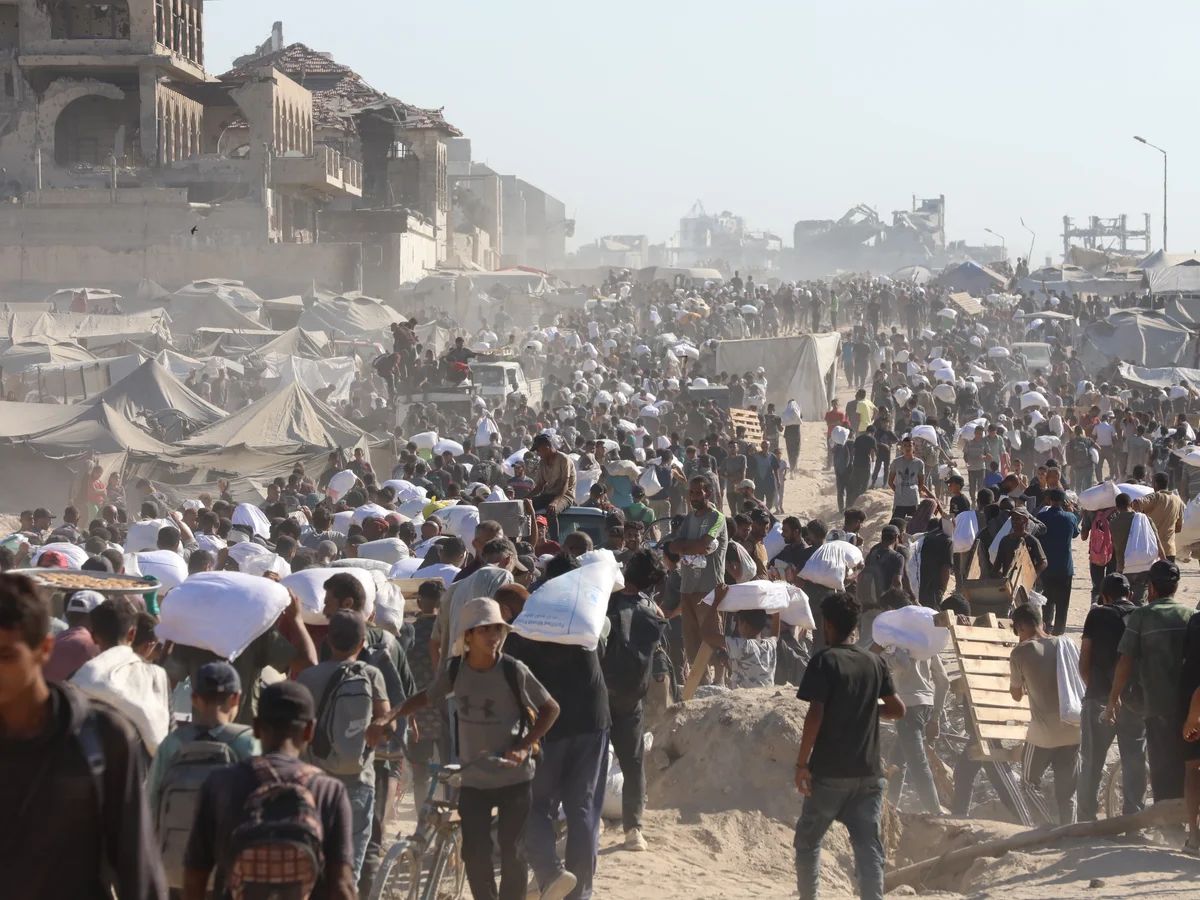The UK Prime Minister has urged Israel to reconsider its latest military escalation in Gaza, which was approved by Prime Minister Benjamin Netanyahu’s security cabinet. Though Netanyahu previously expressed intentions to take over the entire Gaza Strip, the current plan focuses on Gaza City.
The decision has triggered international backlash, with concerns raised about the impact on civilian lives and the safety of the approximately 20 remaining Israeli hostages. Critics argue the military operation risks worsening an already dire humanitarian crisis and escalating the conflict further.
UK Opposition Demands Stronger Response to Israel’s Gaza Plan and Humanitarian Crisis
UK opposition leaders have called for more decisive measures in response to Israel’s military plans. Labour leader Sir Keir Starmer stated the offensive would only bring further bloodshed without advancing peace or securing hostage release. He emphasized the urgent need for a ceasefire, humanitarian aid, and a political resolution that excludes Hamas.
Liberal Democrat leader Sir Ed Davey went further, labeling the plan as “ethnic cleansing” and calling for immediate arms embargoes and sanctions against Netanyahu’s government. The SNP and Green Party echoed these calls, demanding Parliament be recalled and action taken beyond verbal condemnation.
Despite widespread criticism, Netanyahu’s office detailed a five-point strategy aimed at defeating Hamas and gaining control over Gaza City. The plan includes disarming Hamas, rescuing hostages, demilitarizing the Gaza Strip, assuming security control, and installing a new civil administration.
While the Israeli government asserts that humanitarian aid will be provided outside combat zones, many, including the United Nations, warn that a full military takeover could lead to catastrophic consequences for civilians and remaining hostages. Israel has denied accusations of genocide but remains under intense international scrutiny.
Diplomatic Rift Widens as UK and US Diverge on Gaza Statehood and Strategy
The growing divide between the UK and the US over Gaza policy was evident during US Vice-President JD Vance’s visit to the UK. Vance criticized the UK’s announcement to recognize a Palestinian state in September if Israel does not commit to peace efforts, saying the region lacks a functional government.
While Vance reaffirmed the shared goal of addressing the humanitarian crisis, he acknowledged differences in approach. The US continues to oppose recognition of a Palestinian state at this time, aligning more closely with Israel’s position and highlighting diplomatic friction among Western allies.
The UN and numerous human rights advocates continue to sound the alarm about the devastating impact of further military action in Gaza. With Israel already controlling most of the territory and millions of civilians displaced or concentrated in smaller regions, any expanded offensive is feared to cause mass civilian suffering. Hamas, in response, has accused Israel of ethnic cleansing and disregarding the fate of hostages.
As tensions rise, the UK faces mounting pressure from domestic political leaders and international bodies to take meaningful action beyond rhetoric to prevent further escalation and push for a diplomatic resolution.

Leave a Reply